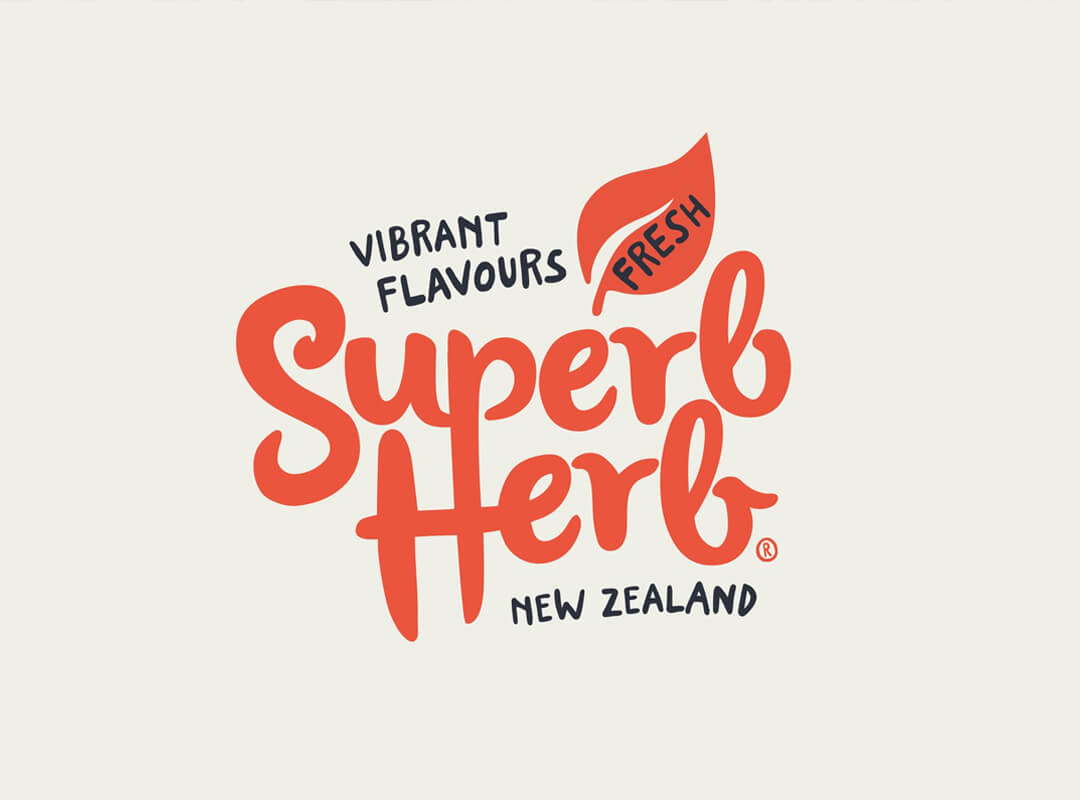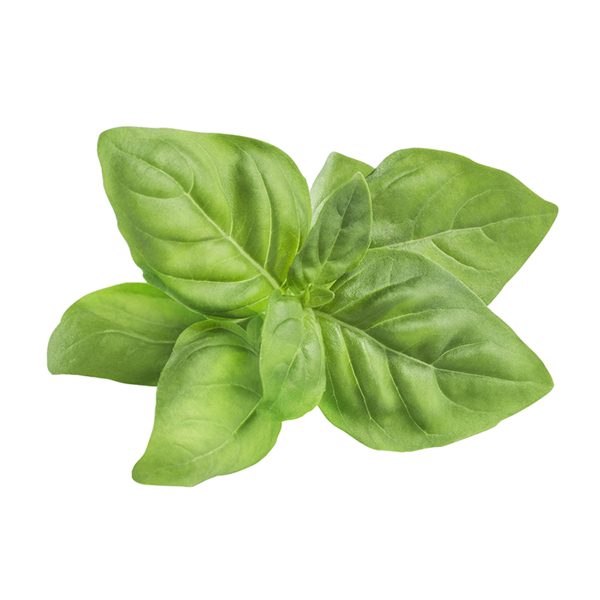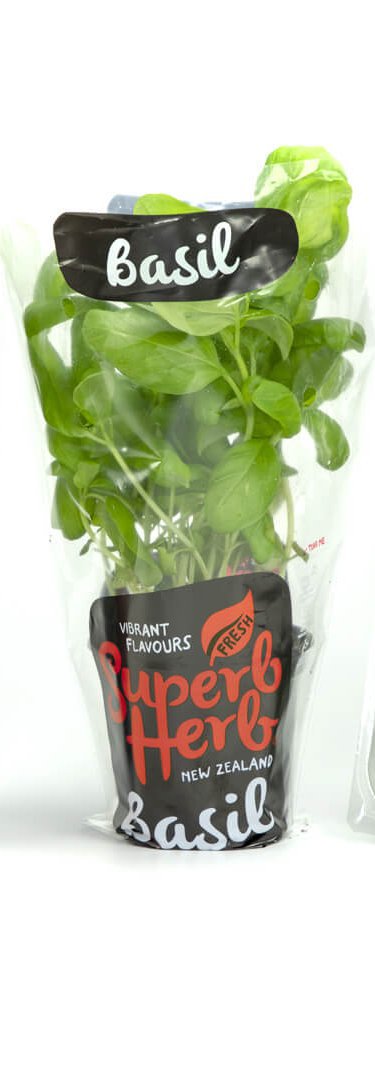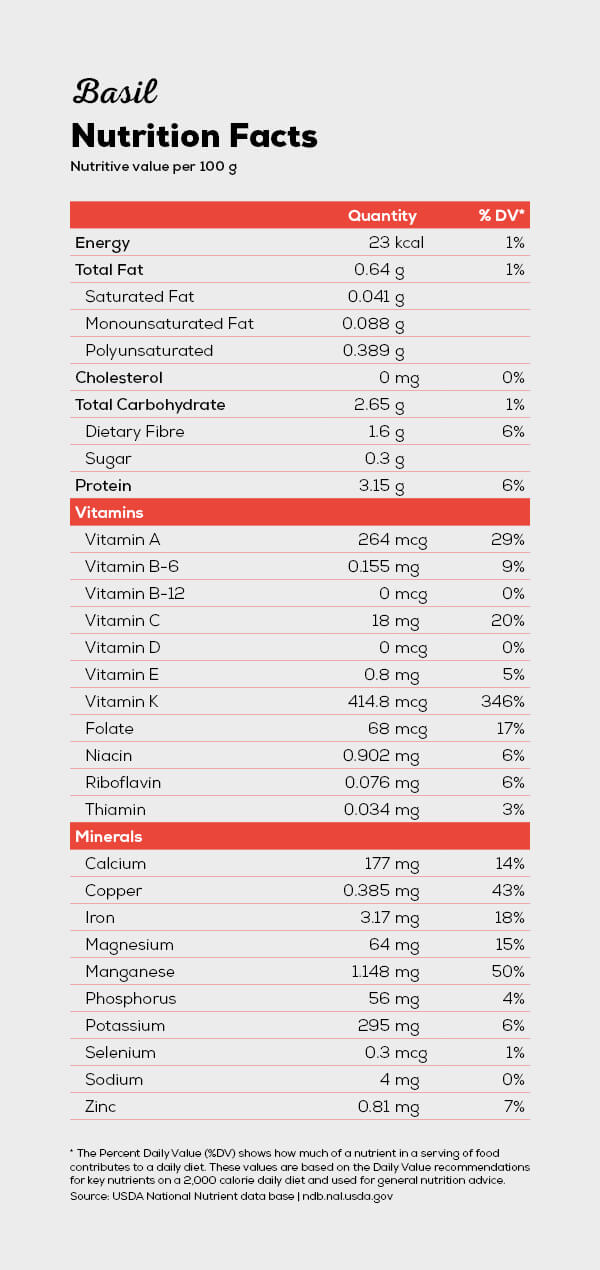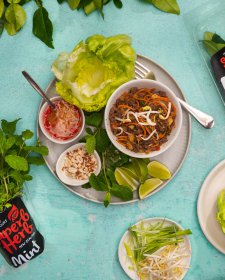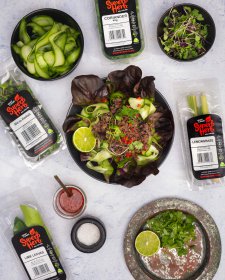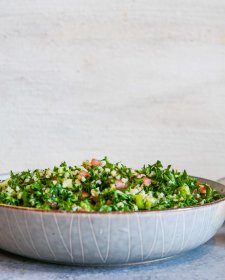Basil
Slightly sweet and peppery with a hint of cloveDid you know?
Basil – the King of fresh herbs – is one of the ancient and highly prized plants revered as “holy herb” in many cultures all around the world. There are a number of types of Basil, which differ in taste and smell. “Sweet basil†has a strong clove scent because of its high concentration of the chemical agent eugenol.
Basil is well-known for its use in Italian cuisine and is one of the primary ingredients in pesto sauce.
Basil is great for…
- Pesto
- Pasta
- Pizza
- Salad
- Sauces
- Bruschetta
- Anything tomato
Pairs well with…
- Tomato
- Olive oil
- Garlic
- Fruit
- Vegetables
Kitchen tips
Basil is best used fresh as cooking quickly destroys its flavour. Just tear the leaves or slice them with a sharp knife. To get the most intense flavour, pick your basil leaves just before watering, when the stems are starting to droop. You’ll see that all the flavour is concentrated in its fragrant leaves.
Take care of your Basil
Let your Basil tell you when it needs watering. It should start to wilt. Over watering will dilute its flavour, while stressing it will increase the production of essential oils, improving its flavour.
To stop the plants getting too leggy, pinch back the stems just above new side shoots. Do not refrigerate, as the chill will quickly turn the leaves black.
Leave your potted Basil in your kitchen bench away from draughts and preferably out of direct sunlight. For your pre-cut Basil, leave it in the salad drawer of your refrigerator.
Nutritional facts
Basil is an excellent source of vitamins K and A, manganese, iron and potassium.
Health benefits
Basil has many health benefiting essential oils. These compounds are known to have anti-inflammatory, and antibacterial properties.
100 grams of fresh herb Basil leaves contain astoundingly 5275 mg or 175% of daily required doses of vitamin A. Vitamin-A is known to have antioxidant properties and is essential for vision. It also required for maintaining healthy mucosa and skin. Consumption of natural foods rich in vitamin-A has been found to help the human body protect from lung and oral cavity cancers.
Vitamin K in Basil is essential for the production of clotting factors in the blood and plays a vital role in the bone strengthening and mineralisation.
Basil herb contains a good amount of minerals like potassium, manganese, copper, and magnesium. Potassium is an important component of cell and body fluids, which helps control heart rate and blood pressure. Manganese utilized by the human body as a co-factor for the antioxidant enzyme, superoxide dismutase.
